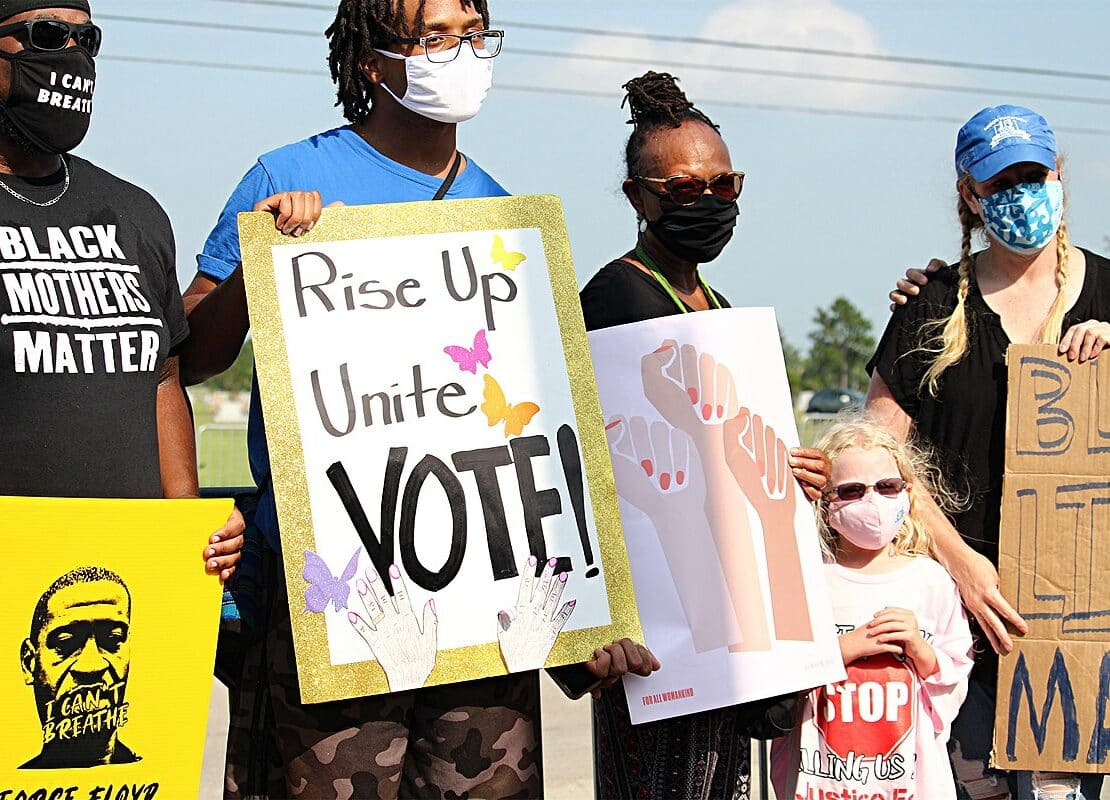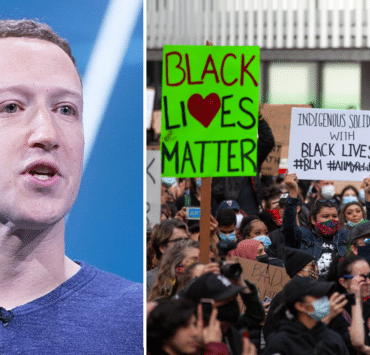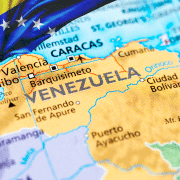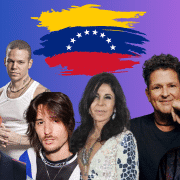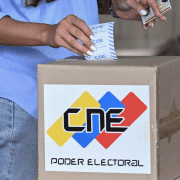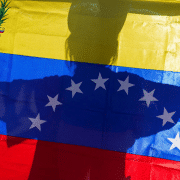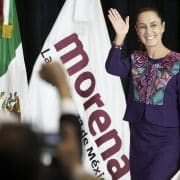Escritora de cultura, política y relaciones internacionales.
In the wake of the George Floyd protests, many “How to be a White Ally” guides appeared online. While these well-meaning sources assist potential white allies, they also push a reductive white-black lens on this issue and ignore a broad section of our nation’s diverse population. In this post, I aim to fill this gap and provide strategies for other people of color to lift up the black community.
As the nation protests the deaths of George Floyd, people are searching for ways to support the black community. Some white Americans, in particular, have expressed social media “outrage” at these events and presented themselves as allies. While this increasing interest in white allyship is encouraging, we shouldn’t forget that other communities of color have equally important roles to play.
Unlike our newly outraged white peers, many people of color have long known that we play on unequal ground. In addition to experiencing varying levels of racial bias ourselves, some already reached out to support black lives matter.
Whether you’re new to activism or a protest veteran, here are just a few of the steps you can take right now to aid the black community:
Educate yourself as a person of color supporting the Black community
No matter how much you think you know about racial injustice, there’s always more to learn. These days, we are fortunate to have access to a plethora of books, podcasts, documentaries, and other media that detail America’s centuries-long systemic oppression of black people. Here are some resources to get started:
The 1619 Project (all the articles) The New York Times Magazine: An interactive collection of essays, fiction, and photos capturing slavery’s legacy in the United States.
“White Privilege: Unpacking the Invisible Knapsack” by Knapsack Peggy McIntosh: A pioneering essay on white privilege and its daily impacts.
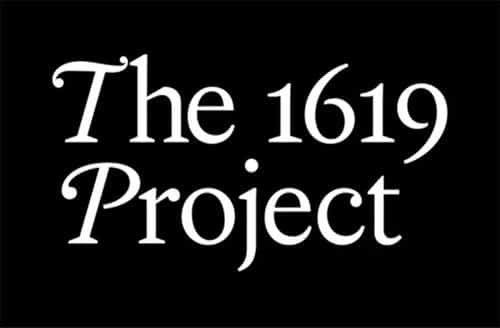
The New Jim Crow: Mass Incarceration in the Age of Colorblindness by Michelle Alexander: A book exploring the increased incarceration of black people.
So You Want to Talk About Race by Ijeoma Oluo: A guide on how to address issues ranging from intersectionality to affirmative action and model minority myths.
Pod Save the People (Crooked Media): Activist DeRay Mckesson discusses current events, social justice, and politics with other activists and special guests every Tuesday.
Looking for more? Check out this resource list, or these recommended readings from scholar Ibram X. Kendi or from Black and Asian Feminists.
While you’re learning, take time to evaluate your own assumptions about black people. As a POC, you may have experienced being judged or underestimated based on your accent or skin color. But have you stopped to check if you are internalizing or transplanting those judgments onto others? If you find yourself doing so, ask yourself, why is that? How has that impacted your interactions with others and how can you challenge these unconscious biases?
Speak up: Educate friends and relatives about the inequalities of race with personal experiences
Changing perceptions often occurs on an individual level, but individuals are more likely to listen if they know the speaker personally. So engage your friends and relatives on the topics of police brutality and racial injustice and share resources from the lists above. The Letters for Black Lives Project has translated a letter explaining the BLM movement into dozens of languages; share it. Have family members sit down together (or Netflix Party) documentaries or series like 13th and When They See Us, both available to stream with several different audio/subtitle language options. And above all, encourage those eligible to research political candidates and vote.
Support: follow and support activists who are people of color supporting the Black community
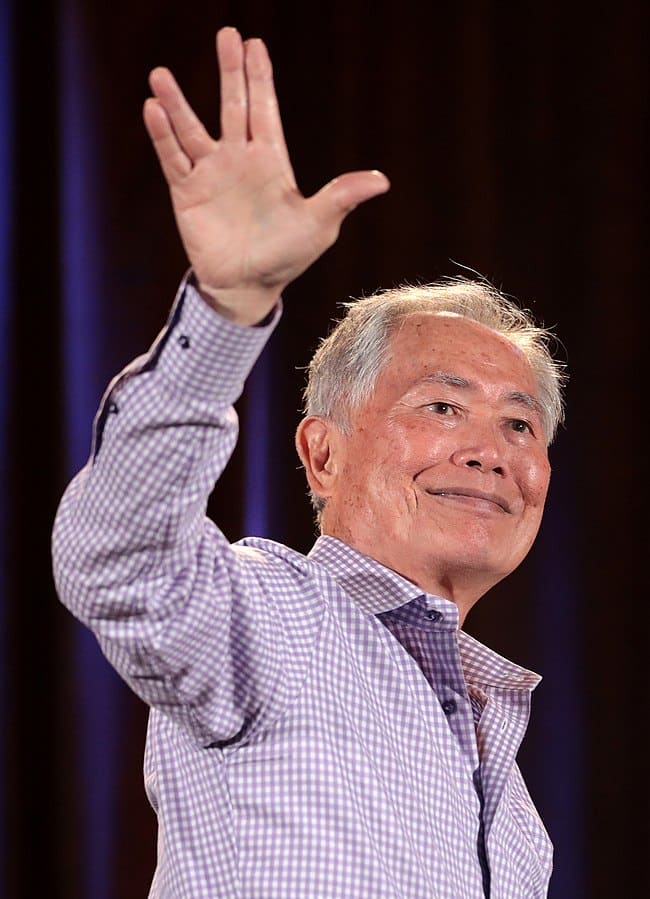
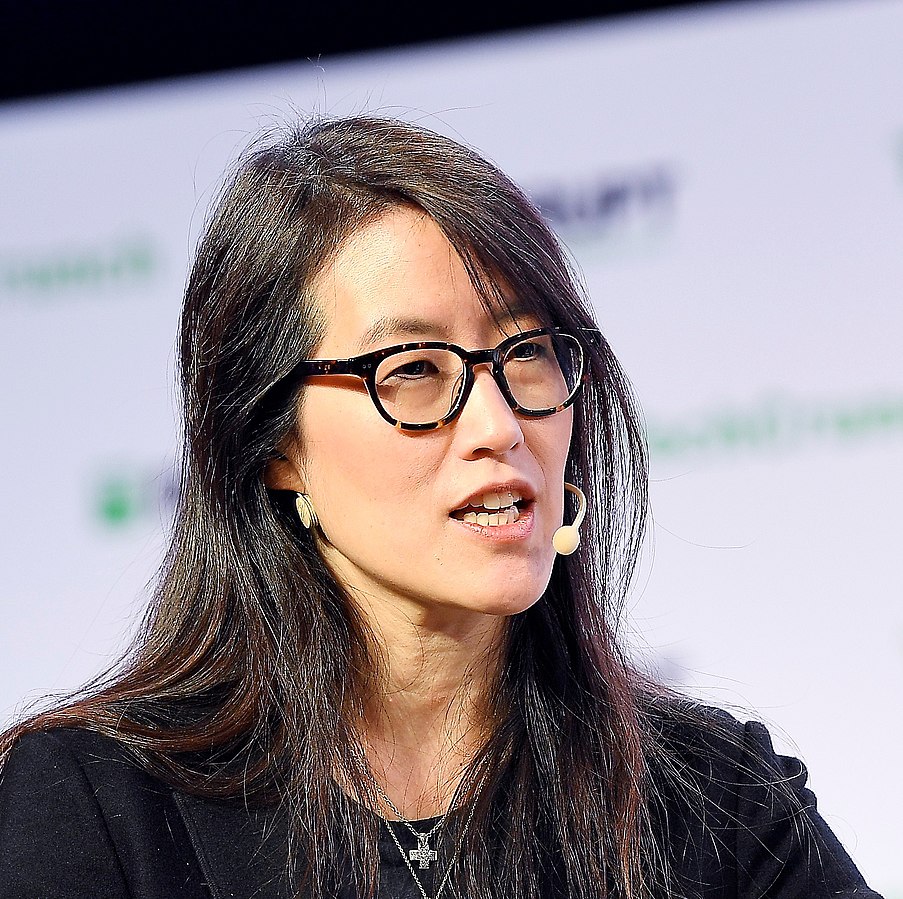
If you’re still feeling lost, follow POC activists like George Takei, Ijeoma Oluo, Máximo Anguiano, Ellen Pao, and others on social media. Many of them have experience building coalitions across multiple social movements and can direct you to organizations or issues in need of attention.
Tiempo necesario: 1 día
How To Stand In Solidarity With The Black Community:
- Educate yourself first
No matter how much you think you know about racial injustice, there’s always more to learn. These days, we are fortunate to have access to a plethora of books, podcasts, documentaries, and other media that detail America’s centuries-long systemic oppression of black people.
- Educate Friends and Relatives
Changing perceptions often occurs on an individual level, but individuals are more likely to listen if they know the speaker personally. So engage your friends and relatives on the topics of police brutality and racial injustice and share resources from the lists above.
- Donate
Donate to or volunteer for social justice groups serving black or other minority populations such as Showing Up for Racial Justice, Trans Women of Color Collective, and The Innocence Project.
- Engage Your Congregation
Many faith leaders and congregations have become active in the recent movements, including by feeding protestors and even washing tear gas from their eyes.
- Become an Accomplice
While both allies and accomplices can bolster a social movement, recognizing this distinction is crucial to discovering how you can most effectively channel your support.
- Eradicate the deficit model
Viewing Racial Justice With Asset Lens is crucial
Donate
Donate to or volunteer for social justice groups serving black or other minority populations such as Showing Up for Racial Justice, Trans Women of Color Collective, and The Innocence Project. Research organizations in your area and how you can support their initiatives.
Engage Your Congregation
Are you a member of a religious community? Many faith leaders and congregations have become active in the recent movements, including by feeding protestors and even washing tear gas from their eyes. Find out if they’re looking for volunteers or donations or ask what you can do to help.
Become an Accomplice
Some confusion exists around the difference between being an ally vs an accomplice. Allyship is not an identity label you can claim, but rather the act of understanding how historical structures have created inequalities and privileges for different groups. As Mikki Kendall writes in her book Hood Feminism, “Being an ally is just the first step, the simplest one,” because while allies may recognize injustices, accomplices work to dismantle them. Being an accomplice can mean risking negative repercussions such as lost jobs or friendships to protest or undo immoral practices or laws. While both allies and accomplices can bolster a social movement, recognizing this distinction is crucial to discovering how you can most effectively channel your support.
Eradicate the deficit model: Viewing Racial Justice With Asset Lens is crucial
Close your mouth, step off the stage, and listen. Too often, black activists are drowned out by “well-meaning” non-black “allies” who center the issues around themselves. Black people do not need “saviors;” they need followers. Allies and accomplices will fulfill different roles; while an ally may “volunteer at a local racial justice-focused organization,” an accomplice might “join an organization with an explicit aim of naming and disrupting racial injustice,” according to the guide “Opportunities for White People in the Fight for Racial Justice.” But both allies and accomplices take their directions from the main stakeholders of the marginalized group.
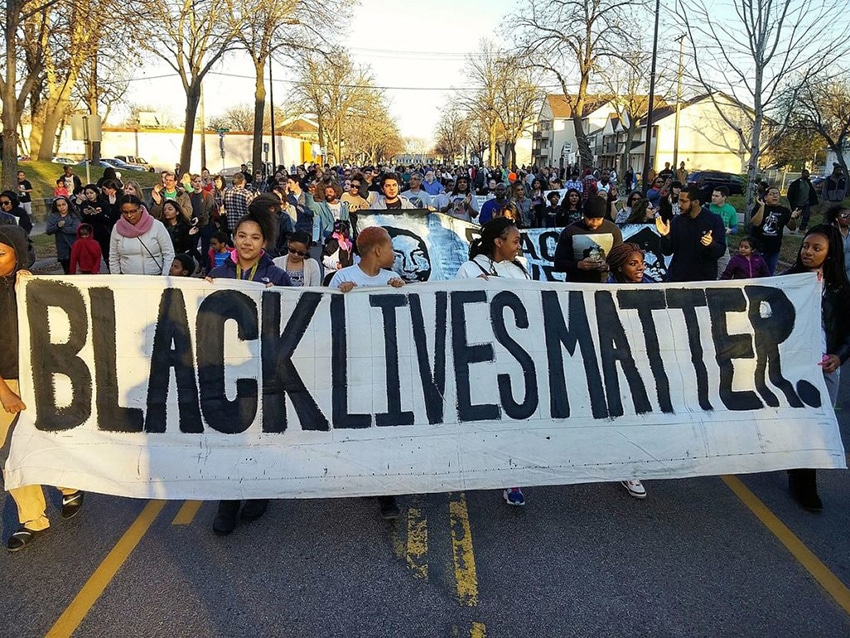
Furthermore, while engaging with discussions on race, don’t always focus on the negatives. Despite histories of oppression, communities of color have built vibrant cultures full of achievement and vitality. Celebrate the community’s assets and skills, and remember that black leaders pioneered the non-violent social movements that benefited all POC. Racial justice is not a zero-sum game; we’re all stronger if we listen and collaborate for a goal of not just surviving, but thriving in common equality.
